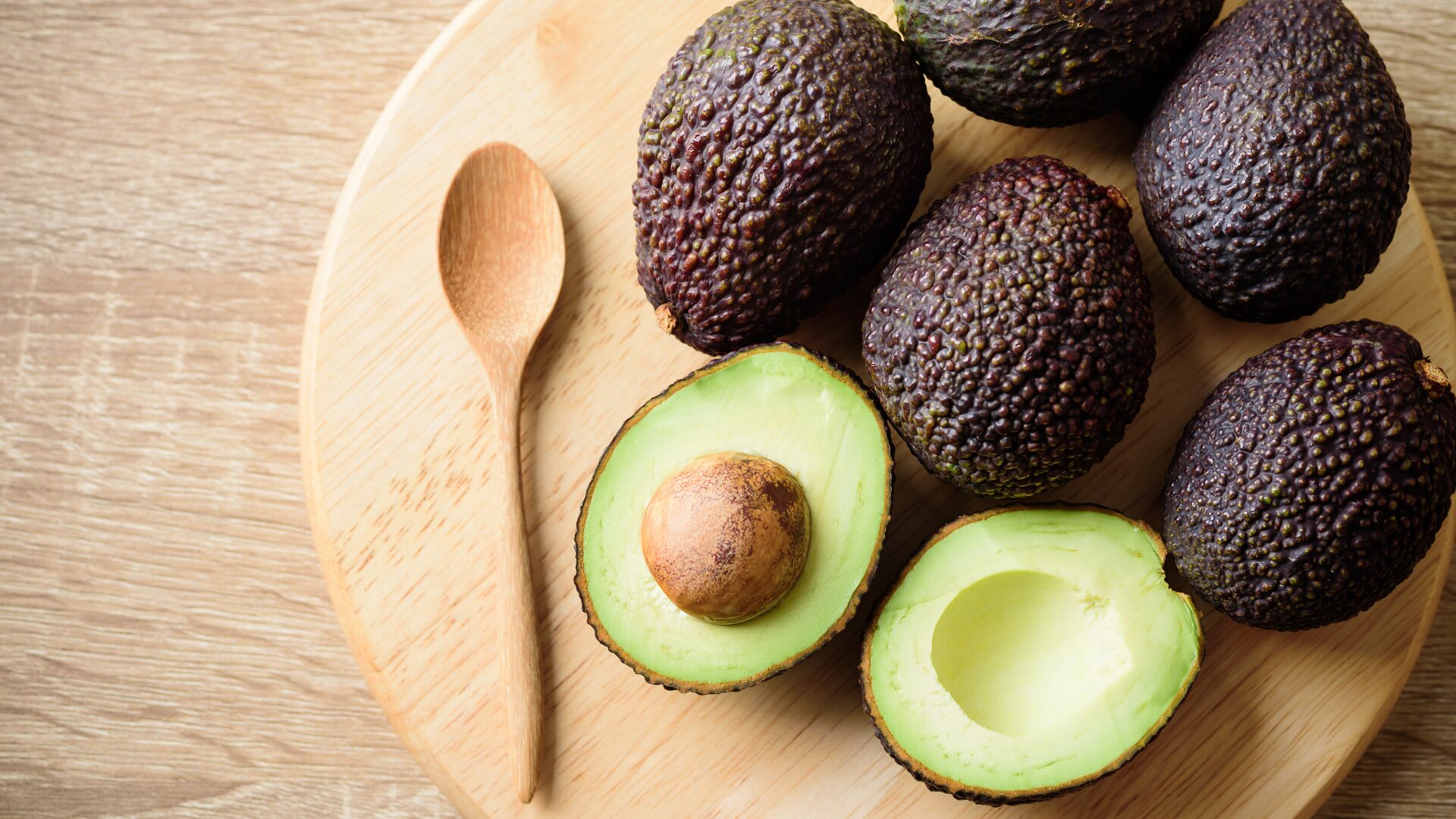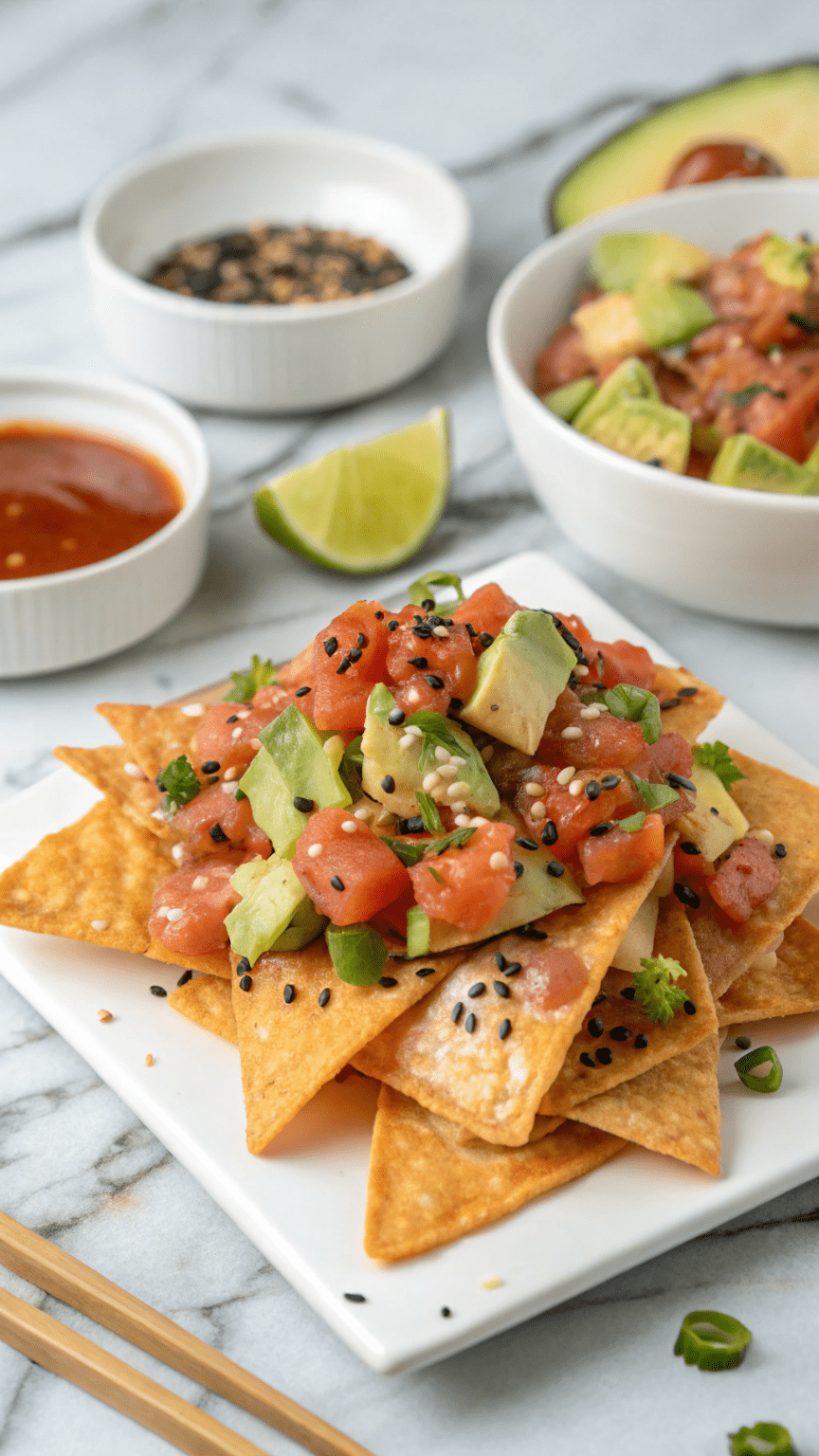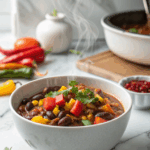10 High-Fiber Foods Every Woman Should Be Eating

You know that maintaining a healthy diet is essential for overall well-being, but did you know that incorporating high-fiber foods into your meals can specifically benefit women? From promoting digestive health to managing weight, fiber is a superstar nutrient that every woman should be mindful of.
In this article, we will explore the top 10 high-fiber foods that can positively impact women’s health, helping you make informed choices and elevate your dietary habits. So, get ready to discover a variety of delicious and nutritious options that will keep you feeling vibrant and energized throughout the day.
Introduction to High-Fiber Foods for Women
Welcome to this comprehensive article on high-fiber foods for women!
As a woman, it’s important to prioritize your health and well-being, and including fiber-rich foods in your diet can play a significant role in achieving optimal health.
In this article, we will explore the benefits of fiber for women’s health, recommended daily fiber intake, and highlight ten delicious and nutritious high-fiber foods that you should consider incorporating into your diet. So, let’s dive in and discover the amazing world of fiber!
Benefits of Fiber for Women's Health
Weight Management and Satiation
One of the significant benefits of consuming high-fiber foods is their contribution to weight management and satiation. Fiber-rich foods are typically low in calories but high in volume, meaning they can help you feel fuller for longer periods. This can assist in preventing overeating and may support weight loss efforts.
Improved Digestion
Another advantage of fiber is its ability to promote improved digestion. Fiber acts as a natural bulking agent that adds bulk to your stools, aiding in regular bowel movements and preventing constipation. This can help prevent discomfort and keep your digestive system healthy and functioning optimally.
Reduced Risk of Cardiovascular Disease
Consuming an adequate amount of fiber can also contribute to a reduced risk of cardiovascular disease. High-fiber diets have been associated with lower levels of LDL (bad) cholesterol and higher levels of HDL (good) cholesterol. By effectively managing cholesterol levels, fiber can help support heart health and reduce the risk of developing cardiovascular problems.
Hormonal Balance
Fiber plays a role in maintaining hormonal balance within the body. It can aid in regulating estrogen levels, which is particularly beneficial for women. Balanced estrogen levels can help mitigate symptoms related to menstruation, such as bloating and mood swings, and may also lessen the risk of hormonal imbalances that can lead to various health issues.
Lowered Risk of Breast Cancer
Studies have suggested that a high-fiber diet can potentially lower the risk of developing breast cancer. Fiber may assist in reducing circulating estrogen levels, as well as promoting beneficial gut bacteria that can help protect against the growth of cancer cells. Including fiber-rich foods in your diet may therefore be beneficial in reducing the risk of breast cancer.
Recommended Daily Fiber Intake for Women
The recommended daily fiber intake for women varies based on age and overall health. As a general guideline, it is recommended that adult women consume around 25 grams of fiber per day. However, individual requirements may differ, and it’s always best to consult with your healthcare provider or a registered dietitian to personalize your dietary needs.

1. Avocado
Health Benefits
Avocados are not only delicious but also incredibly nutritious. They are a great source of dietary fiber, providing approximately 10 grams of fiber per cup. Avocados are also packed with healthy fats, including monounsaturated fats, which can help promote heart health by reducing LDL cholesterol levels. Additionally, avocados contain various vitamins and minerals, such as potassium and vitamin K, which support overall well-being.
Ways to Incorporate into Diet
There are numerous ways to incorporate avocados into your diet. You can enjoy them sliced on whole-grain toast, mashed as guacamole, or even blended into smoothies for a creamy texture. Alternatively, avocados can be incorporated into salads, sandwiches, or used as a replacement for unhealthy fats in baking recipes. The versatility of avocados makes it easy to incorporate them into your daily meals and snacks.
2. Chia Seeds
Health Benefits
Chia seeds are tiny powerhouses when it comes to nutritional value. They are rich in dietary fiber, with approximately 10 grams of fiber per ounce. Chia seeds are also an excellent source of omega-3 fatty acids, which have anti-inflammatory properties and support brain and heart health. In addition, chia seeds provide essential minerals like calcium, magnesium, and phosphorus.
Ways to Incorporate into Diet
Chia seeds can be a versatile addition to your diet. You can sprinkle them on top of yogurt or oatmeal, mix them into smoothies, or use them as an egg substitute in baking recipes. When soaked in liquid, chia seeds develop a gel-like consistency, making them suitable for creating nutritious puddings or adding thickness to homemade dressings and sauces.
3. Lentils
Health Benefits
Lentils are legumes that are packed with fiber, making them an excellent choice for women looking to increase their fiber intake. With about 15 grams of fiber per cup, lentils can contribute to improved digestion and help regulate blood sugar levels due to their low glycemic index. In addition, lentils are rich in protein, iron, folate, and various other essential vitamins and minerals.
Ways to Incorporate into Diet
Adding lentils to your diet can be as simple as including them in soups, stews, or salads. They can also be used as a base for veggie burgers or incorporated into casseroles and curries. Lentils have a mild, earthy flavor that absorbs the flavors of other ingredients, making them versatile and easy to incorporate into a variety of dishes.
4. Oats
Health Benefits
Oats are a popular breakfast choice that offers numerous health benefits. They are an excellent source of soluble fiber, with approximately 4 grams of fiber per 1/2 cup serving. Soluble fiber helps lower cholesterol levels and stabilize blood sugar levels, making oats a heart-healthy food. Oats also provide vital nutrients, including manganese, phosphorus, and magnesium.
Ways to Incorporate into Diet
There are countless ways to incorporate oats into your diet. You can enjoy them as a warm bowl of oatmeal topped with fruits, nuts, or seeds. They can also be used in baking recipes such as oatmeal cookies or added to smoothies for an extra fiber boost. Overnight oats, which are prepared by soaking oats in liquid overnight, are another popular and convenient way to enjoy this nutritious grain.
5. Broccoli
Health Benefits
Broccoli is a cruciferous vegetable that is not only rich in fiber but also offers an array of health benefits. With approximately 5 grams of fiber per cup, broccoli can aid digestion and support a healthy gut. It is also packed with vitamins C, K, and A, as well as folate and potassium. Additionally, broccoli contains compounds called indole-3-carbinol and sulforaphane, which have been linked to reduced cancer risk.
Ways to Incorporate into Diet
There are countless ways to incorporate broccoli into your diet. You can steam or roast it as a nutritious side dish, add it to stir-fries, or use it as a topping for homemade pizzas. Broccoli can also be blended into soups, pureed into sauces, or tossed into salads for an extra crunch. With its versatility, broccoli can be enjoyed in various dishes, giving you plenty of opportunities to reap its nutritional benefits.
6. Berries
Health Benefits
Berries, such as strawberries, raspberries, blueberries, and blackberries, are not only delicious but also highly nutritious. They are a great source of dietary fiber, with approximately 4 grams of fiber per cup. Berries are also rich in antioxidants, which can help protect against cell damage and inflammation. Additionally, they provide essential vitamins, minerals, and phytochemicals that support overall health and well-being.
Ways to Incorporate into Diet
Berries can be enjoyed in numerous ways. They can be added to morning cereals, oatmeal, or yogurt for a burst of flavor and fiber. Berries can also be blended into smoothies, used as a topping for pancakes or waffles, or incorporated into baked goods like muffins. Alternatively, you can simply enjoy them as a refreshing snack on their own.
7. Sweet Potatoes
Health Benefits
Sweet potatoes are not only delicious but also highly nutritious root vegetables. They are an excellent source of dietary fiber, with approximately 4 grams of fiber per medium-sized potato. Sweet potatoes are also packed with vitamins A and C, potassium, and antioxidants. Additionally, they have a lower glycemic index compared to white potatoes, making them an ideal choice for blood sugar management.
Ways to Incorporate into Diet
Sweet potatoes can be enjoyed in a variety of ways. They can be baked, mashed, or roasted as a side dish or used as the base for nourishing Buddha bowls. You can also make sweet potato fries or incorporate them into soups, stews, or casseroles. The natural sweetness of sweet potatoes makes them a versatile and delicious addition to your daily meals.
In conclusion, incorporating high-fiber foods into your diet can provide numerous benefits for women’s health. From weight management to improved digestion and reduced risk of diseases, fiber plays a vital role in maintaining overall well-being. By including fiber-rich foods like avocados, chia seeds, lentils, oats, broccoli, berries, and sweet potatoes, you can enhance your nutritional intake and enjoy a delicious and healthful diet.
Remember to consult with a healthcare
provider or registered dietitian to determine
your specific dietary needs and gradually
introduce fiber-rich foods into your meals.
Here’s to a healthier and fiber-filled lifestyle!
Share:
Related Posts

Vegan Chili Soup
This easy vegan chili is packed with protein-rich beans, veggies, and bold spices. Perfect for a cozy, healthy, one-pot meal. Gluten-free, dairy-free, and meal-prep friendly!

Thick Thighs, Strong Vibes: A Workout Plan That Delivers
Want to build strong, toned thighs and boost your confidence? Discover this low-impact, high-result leg workout plan designed for women. Perfect for all fitness levels!

Spicy Tuna Poke Nachos
Try these Spicy Tuna Poke Nachos for a bold, healthy twist on your favorite appetizer! Packed with protein, omega-3s, and fresh toppings, it’s the perfect fusion of crunch and spice.

The Best Portable Blenders and Meal Prep Tools for Women on the Go
Discover the best portable blenders and meal prep tools perfect for busy women. Blend smoothies, prep meals, and stay on track with your wellness goals—anytime, anywhere.






